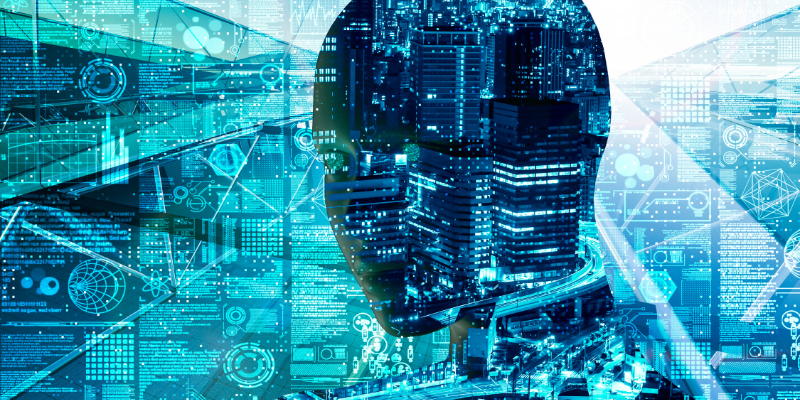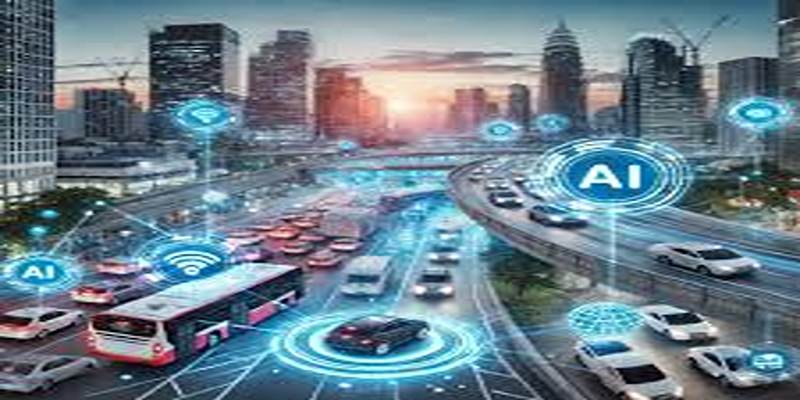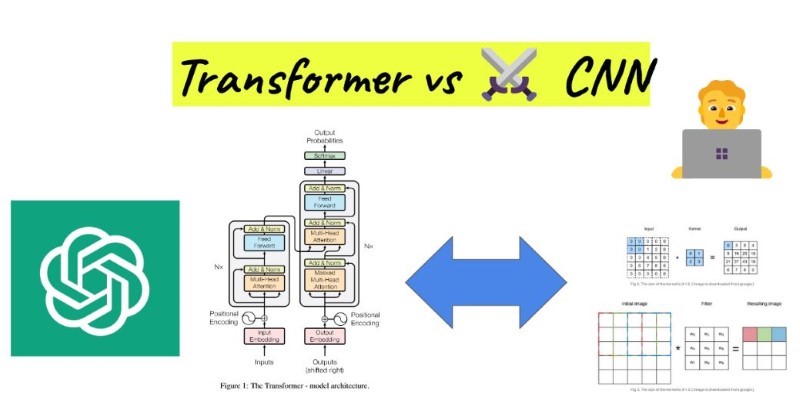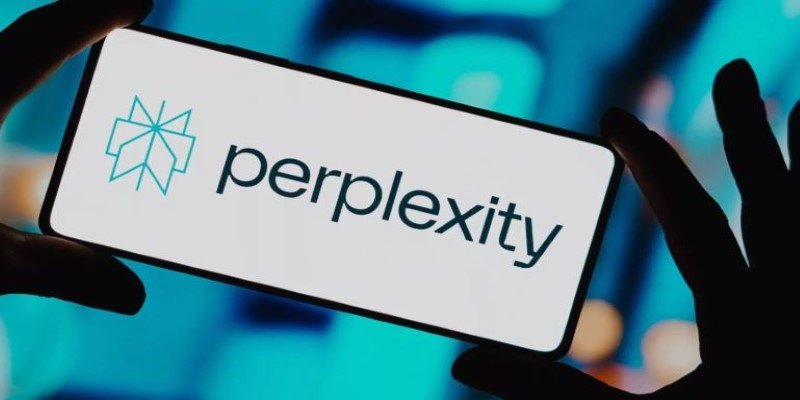As generative AI becomes even more sophisticated, the influence of tools like ChatGPT, Claude, and DALL·E becomes more pronounced. It began reshaping the ways we produce content, code, music, and even do scientific research. Yet, rapid advances in this area have also thrown up a wide range of moral dilemmas. These do not refer only to technical challenges—they are real societal implications for jobs, safety, and the authenticity of information. In this article, let’s explore the 11 biggest ethical risks of generative AI that demand urgent attention.

Bias in AI Outputs
Generative AI models are trained on vast amounts of data from the internet, some of which may contain historical and cultural biases. If these biases infiltrate the model, the subsequent outcomes may reinforce stereotypes and discrimination or even serve as a source of offensive material. The problem is even more serious when AI is used in recruitment, healthcare, or law enforcement.
Why does this issue matter:
- Casts already existing images anew
- Risks of discrimination in decision-making tools
- It could consequently cause a loss of reputation and be involved in litigation issues
Spread of Disinformation and Fake News
Within only a few clicks, the output from generative AI can become as real as it can get, be it text, images, or videos. It empowers creativity, but it creates a situation where false information, conspiracy theories, and deepfakes can proliferate and spread. Fraudsters are the ones most likely to use AI to sway public opinion or use digital manipulation to get people to vote for a particular candidate.
Why it matters:
- Enables the production of convincing fake news
- Fuels political and social misinformation
- Undermines public trust in the media
Job Displacement
As generative AI technology advances, it is gradually replacing the human workforce, particularly in creative and knowledge-based fields such as writing, design, translation, and coding. Although some job roles may be reshaped, many workers are understandably apprehensive about their future.
Why it matters:
- Hazard to the livelihood of millions by AI
- This may enhance the differences between the tech industry and other sectors
- Extends the necessity of re-skilling and change of economic policies
Lack of Human Creativity
Overusing generative AI tools may erase creativity and human imagination. People can get used to AI-generated content so much that they forget their abilities, and as a result, there will be a lack of human-generated work. The algorithms can overtake the creativity of the human mind.
Why it matters:
- It makes the world a poorer place by not allowing other points of view and ideas
- Impacts the cultural richness and human practicality
Data Privacy Violations
To properly train these models, it is essential to collect a large amount of data from online sources, forums, and social media, with or without the user's consent. Sometimes, user private information not only leaks into training data but also surfaces in the output.
Why it matters:
- Data rights protect the user's personal information.
- This can be construed as a breach of the GDPR and other privacy laws, thus leading to legal repercussions.
Lack of Transparency
Generative AI models are frequently labelled "black boxes," which means we cannot know how they work and, therefore, how they generate their outputs. This obscure knowledge makes it very difficult to hold developers accountable or fix the "bad" model behaviour.
Why it matters:
- Spreads the distrust of AI systems and their developers
- The fact that one has to deal with the auditing and regulation businesses have become quite challenging is a simple statement of the current realities.

Unauthorized Use of Intellectual Property
Generative AI can replicate the unique styles of artists, authors, and musicians without their consent. Tools that create AI-generated art, music, and writing often produce works that closely mirror copyrighted material, sparking disputes and raising concerns about intellectual property theft.
Why it matters:
- It infringes on the rights of creators.
- It undermines fair compensation for artists.
- It blurs the distinction between inspiration and outright theft.
Weaponization and Malicious Use
AI-generated content can be weaponized to disseminate propaganda, impersonate individuals, or execute phishing schemes. Some governments and cybercriminals are already leveraging generative AI to create realistic fake identities, evade filters, or spread misinformation.
Why it matters:
- It heightens cybersecurity risks.
- It amplifies influence operations and online harassment.
- It makes digital threats more challenging to identify.
Environmental Impact
Training large generative models, such as GPT-4 or Claude, demands substantial computational power, often consuming energy equivalent to that of small towns. The carbon footprint associated with training and operating these models is a growing concern, especially as demand continues to rise.
Why it matters:
- It contributes to climate change.
- It escalates energy consumption in data centres.
- It pressures companies to seek greener AI alternatives.
Lack of Regulation and Oversight
Governments are falling behind in establishing regulations for generative AI. In the absence of clear laws or international guidelines, companies can launch powerful models with minimal accountability. This unregulated environment increases the risk of misuse and abuse.
Why it matters:
- It allows for irresponsible innovation.
- It creates legal ambiguity for developers and users.
- It slows down the global consensus on safe AI practices.
AI Identity Confusion (Human vs Machine)
As AI models advance, users may be misled into believing they are interacting with real people. AI chatbots and virtual agents can express emotions or opinions, which can create confusion among users and even lead to misunderstandings.
- It misleads users into forming emotional connections with machines.
- It blurs the ethical boundaries between human and artificial identities.
Conclusion:
Generative AI holds incredible promise to transform industries, boost efficiency, and spark creativity. However, with such power comes a significant responsibility. The ethical issues mentioned above are serious—they affect real people, communities, and institutions. Developers, regulators, and users must collaborate to create AI systems that are fair, transparent, and aligned with human values.
By tackling these risks thoughtfully and proactively, we can pave the way for a future where AI enhances, rather than threatens, human progress.











